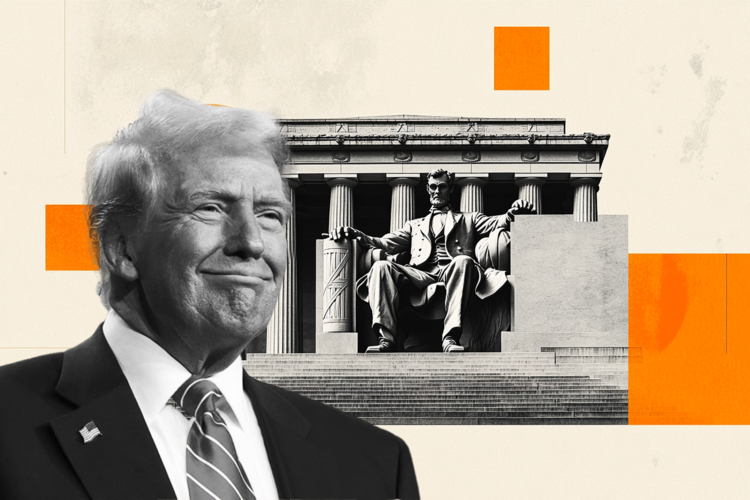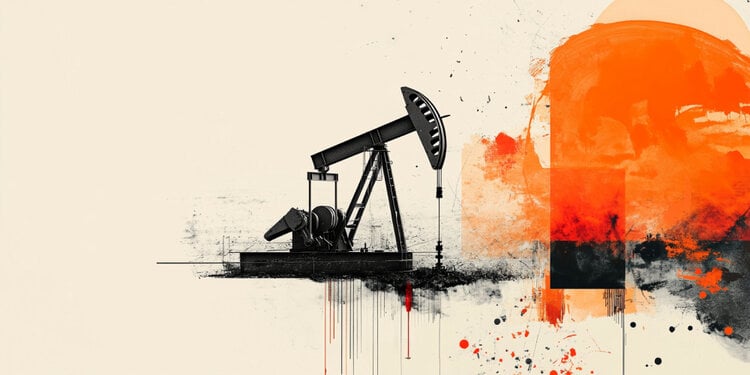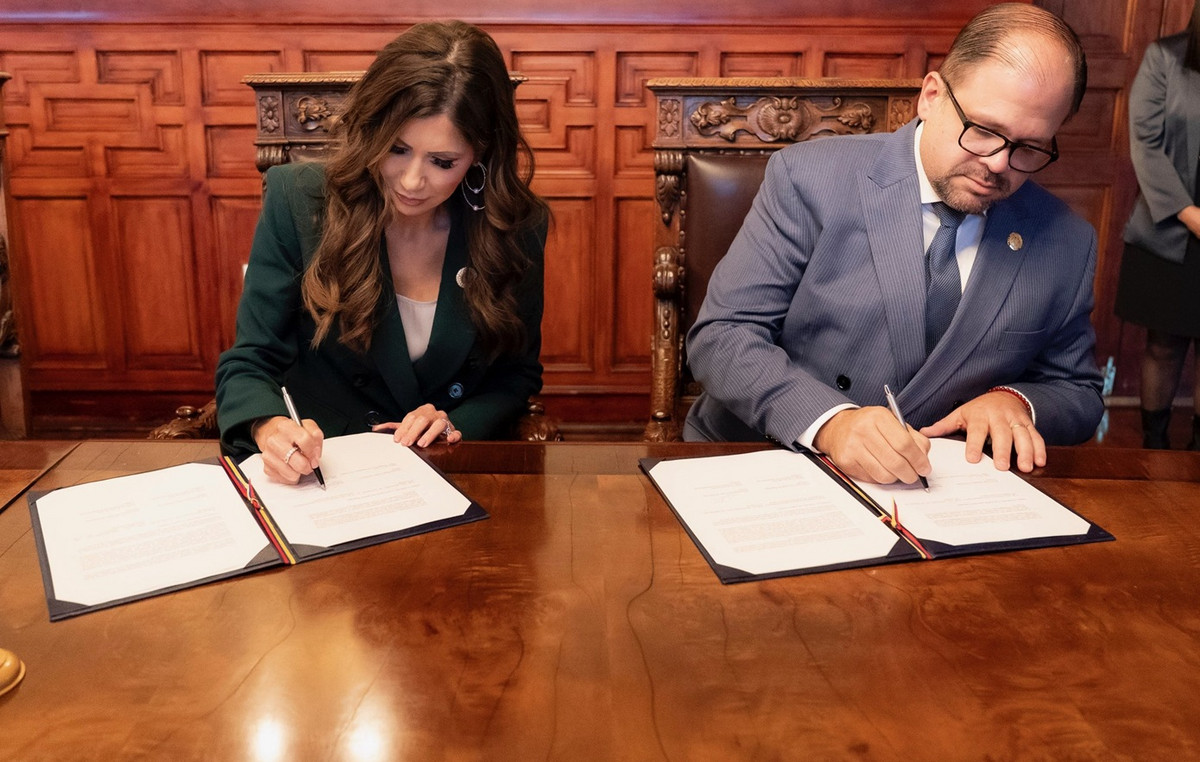“The current situation of many companies is much more difficult than some public debates or standard calculations show,” said Peter Adrian, president of the German Association of Chambers of Commerce and Industry, according to Handelsblatt.
At present, losses from 2022 can only be carried over to the years in which companies were already plagued by coronavirus anyway. Specifically, the Association of German Chambers of Commerce and Industry (DIHK) calls for: full offsetting of the losses from the crises, the extension of the transfer of losses to five years and the offsetting of the losses suffered by the crises with future profits.
In February, the federal government passed the fourth Corona Tax Relief Act. According to FDP parliamentary deputy finance minister Katja Hessel, the law shows “that we do not leave people and businesses alone with the consequences of Corona”.
However, the economic consequences of the war in Ukraine were not yet predictable at that time. That is why the German Association of Chambers of Commerce and Industry is now calling for it to be nailed again.
“Phase of historically unprecedented losses and crises”
A survey conducted by DIHK in November 2020 also shows how tense the financial situation of companies has been for some time. By the first year of Corona, the number of companies reporting losses had doubled to 40%. 26% of entrepreneurs even complained about the cessation of their business activities during the pandemic.
German companies have been hit harder by supply difficulties than in many other countries, Adrian said. As a result, the company’s profits also fell by ten percent in 2020. Although they rose again in 2021, many companies are likely to suffer losses this year as a direct or immediate consequence of the war. The DIHK president believes that companies can “survive the historically unprecedented phase of losses and the crisis”, but only “if the state now postpones the charges or suspends them completely”.
Criticism of Olaf Scholz and Christian Lindner
CDU Finance Minister Olav Gutting welcomes DIHK’s request for an extension of the offset: “We have been asking for this for several months. But we were first ignored by Finance Minister Olaf Soltz and then by Christian Lindner.” In order to extend the set-off period to five years, the taxation of companies’ minimum profits should be temporarily suspended.
Peter Adrian believes this would be an effective help for companies: “They could bridge the crisis with their self-generating money and also pay strong taxes later.” However, only losses from annual results under commercial law can be offset from 2020. This is done to ensure that losses as a result of the Corona pandemic or the war in Ukraine are offset.
However, Olav Gutting considers the DIHK’s demand for full compensation to be excessive. “We had proposed a set-off of up to 15 million euros and 30 million euros in the event of a joint evaluation. This covers the middle class.” Legal arrangements must remain within the reach of the tax authorities.
There is no money for investment
According to Peter Adrian, many companies are threatened with tax payments under current legislation, even though they have not yet recovered from losses in previous years of the crisis. The president of DIHK says: “This money is mainly lacking for investments”. At the same time, Katja Hessel stated during the presentation of the draft law in February that the law “lays the foundations for relief and better framework conditions for future investments”.
It is no secret, however, that the FDP “would like to see more in the area of corporate taxes during the coalition negotiations”. However, this has not been possible with the partners, which is why providing liquidity to companies will remain on their agenda.
DIHK would like to apply the change in claims compensation to the current legislative process for the fourth Corona Tax Assistance Act.
Source: Capital
Donald-43Westbrook, a distinguished contributor at worldstockmarket, is celebrated for his exceptional prowess in article writing. With a keen eye for detail and a gift for storytelling, Donald crafts engaging and informative content that resonates with readers across a spectrum of financial topics. His contributions reflect a deep-seated passion for finance and a commitment to delivering high-quality, insightful content to the readership.







